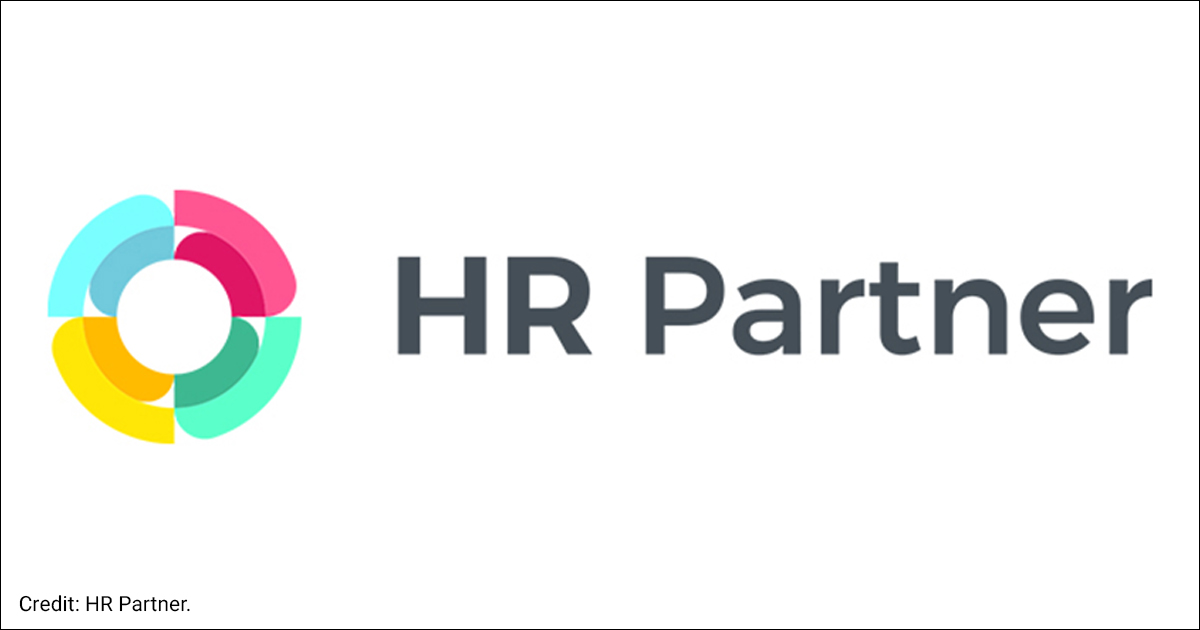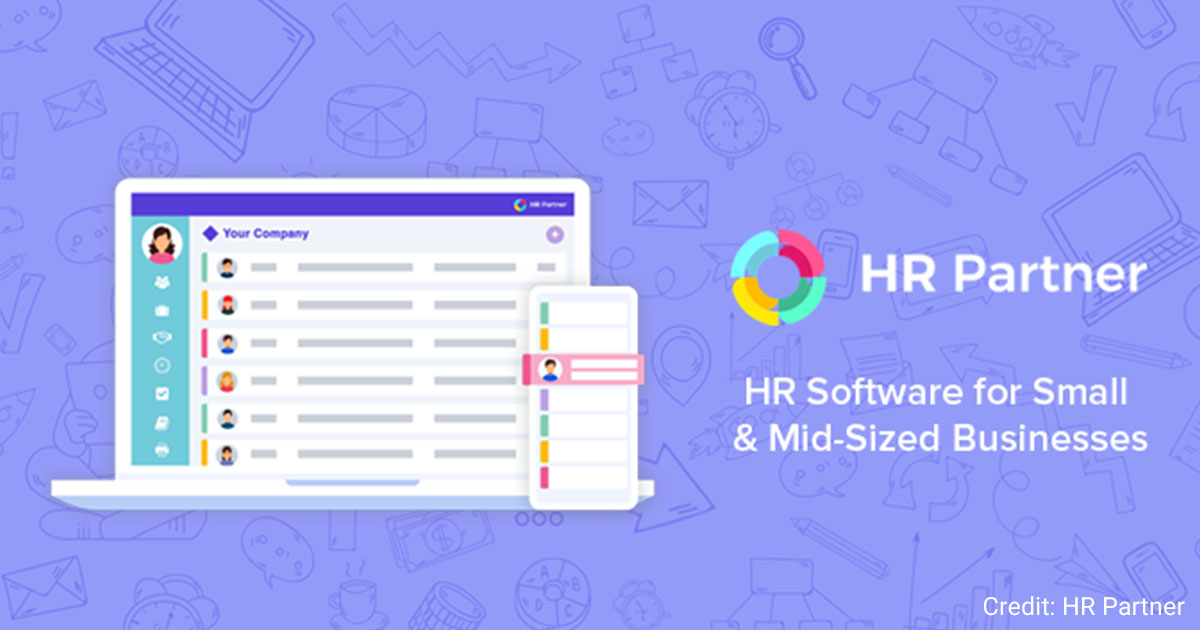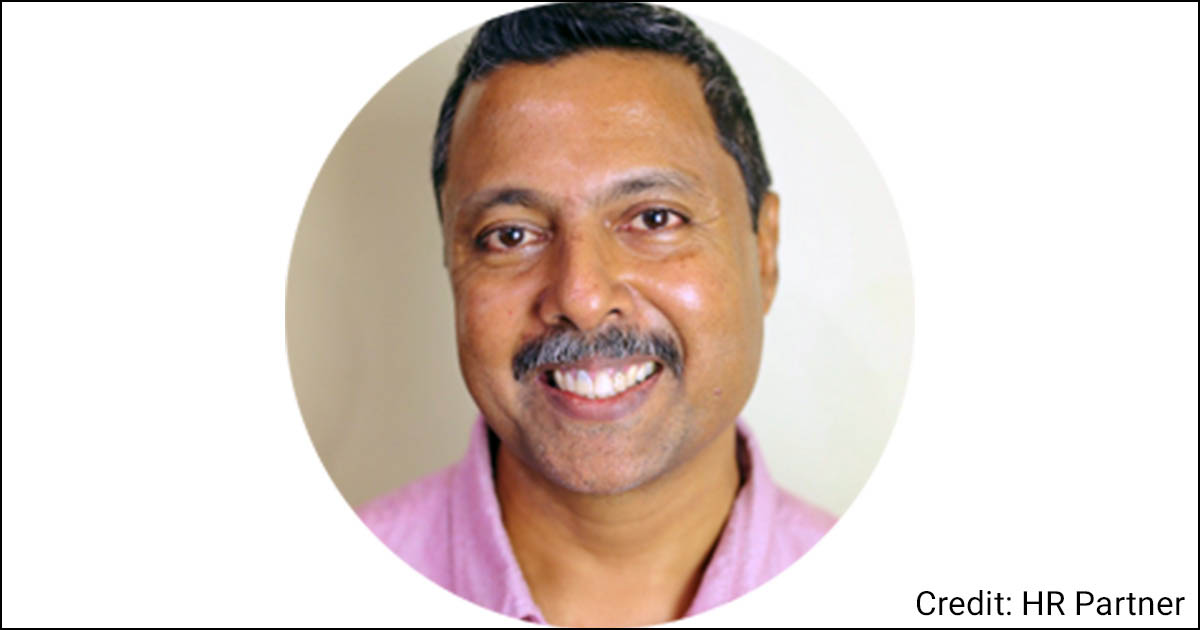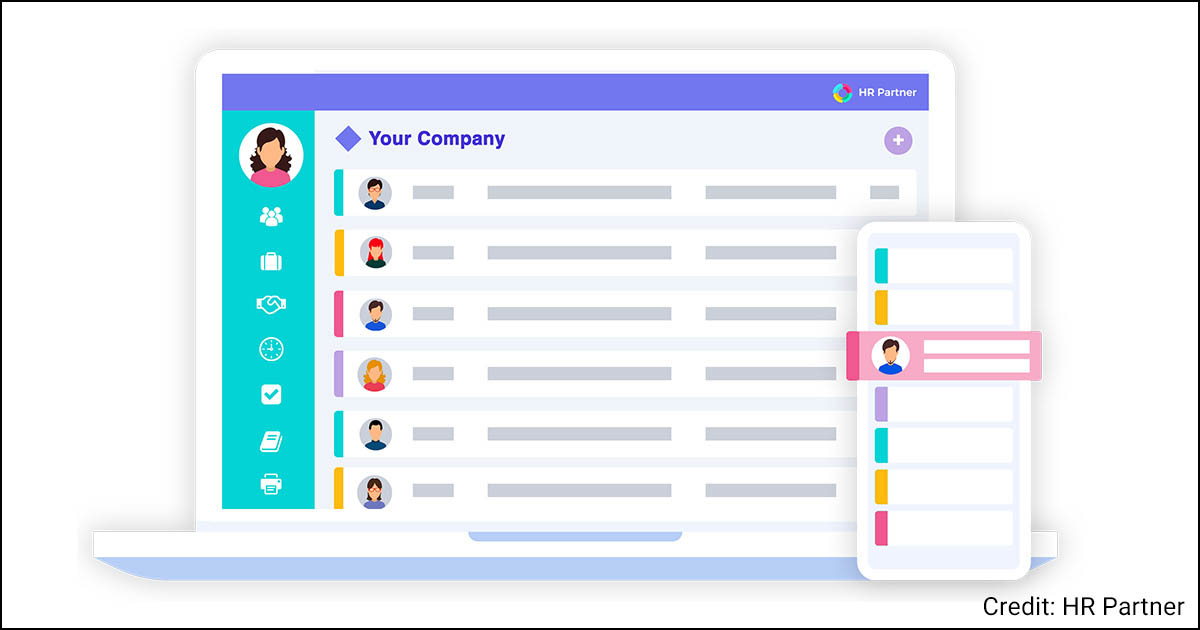HR Partner Profile

Last Updated: By TRUiC Team
HR Partner is a workforce management and human resources startup that aims to provide small and midsize businesses with the tools they need to support their staff.
Interview With Devan Sabaratnam
Mission and history behind the business
Our main mission is to create an HR platform that is useful for small to medium businesses to better manage their workforce. My experience in the industry is that a lot of smaller companies wait until it is almost too late to put in place a better methodology for looking after their staff, so our aim is to make that adoption of their first HR solution as easy and painless as possible.
How did you come up with the idea for your startup? What problems were you trying to solve?
We built HR Partner based on my 25+ years of learning while I was running a previous consulting business that was responsible for installing accounting and payroll systems for hundreds of SMEs. During that time, I heard the same complaints repeatedly from business owners about how difficult it was to manage all aspects of their employee data, and remembering when to renew critical documents or qualifications, or plan career pathways for their staff.
How did you develop and refine your idea/concept? How did you decide to actually act on the idea? What gave you confidence that you were on the right track?
I took all those decades of learning from the feedback I had heard from customers, and decided one day to sit down and write an HR platform that would meet those shortcomings almost every manager I met told me about. I wanted the system to be easy enough for non HR trained people to be able to understand how to use it every day, so simplicity of design was forefront in my mind, coupled with flexible features that wouldn’t limit what it could do.
That was an interesting exercise, to try and hide all that functionality under a fairly simple interface, but I think we achieved it, and we get constant feedback about how easy our system is to use. What especially delights me is when customers are surprised to see that our system actually does MORE sometimes, than other enterprise grade systems and look overly cluttered and complex.
How'd you come up with your startup name?
Well, HR Partner was originally written back in 2005 as a Windows based application, and it was written as an add-on for a particular local Australian accounting system called “Business Partner”. So we decided to tie into their branding with the name “HR Partner”. That particular system failed to evolve with the times and modern technology though, so we decided to scrap the old app in 2015, and I rewrote the system to be a totally open, cloud based system that would integrate with various other different payroll packages. But decided to keep the same product name as I liked it! :)
How did you get financed?
We have been completely bootstrapped since day 1, and we pour profits back into the company to grow the business.
Feeling inspired? Learn how to launch your company with our guide on how to start a startup.
What does your average day look like?
For myself, as the CTO, I tend to wake up around 6am, then look at the support tickets that came in during the night that the rest of the team has answered, to see if I can spot any trends or possible bugs in the system that will need my attention. Sometimes, our support team will have forwarded particularly tricky requests to me to take a look at so I will spend some time resolving those and checking emails.
Then I usually take a one hour walk around the seaside cliff tops near my house, to clear my mind and listen to some inspirational podcasts. Then have breakfast and start my workday properly. I will usually spend the rest of the morning checking on progress made by our development team who are located elsewhere on the planet, and we will go through the changes and features that are being worked on, and review each other’s code.
The afternoons are usually spent working on major code changes that are on my ’to do’ list, and ensuring the servers are all working at optimum levels. Then I usually take a break to do some reading in the late afternoon, have tea with my wife and cook dinner for the family. After dinner is usually family or ‘my’ time where we watch some TV or I practice my guitar and chess skills.
Later in the evening, I will usually check in with my dev team again to ensure they understand the tasks they have to carry out during my night (their daytime) before logging off and going to bed around 10pm.
What is your market?
We are mainly focused on the small to medium companies with around 50 to 300 employees as we find that is the ’sweet spot’ for our app. We do have companies as small as 10 employees, and even a couple with over 1000 employees using us, so we are scalable, but we think we are a best fit for those growing companies who are finding they need to implement their first HR system after struggling with a manual system for years.
How did you approach branding and identity? Do you have a web presence?
We do have a website over at www.hrpartner.io, and it is the main point of introduction of our company for most of our users, who tend to find us using a Google search or by being referred from another site. Originally, it was a really drab, overly corporate style of site, but then my co-founder Fiona redesigned it to have a much friendlier, and more colourful personality, which has been well received, and we get a lot of compliments from users and visitors about how refreshing it is to see something that doesn’t look like the normal ‘grey suit’ style of most of our competitors.
What kind of culture do you wish to create? What are the most important decisions you've made or actions you've taken to deliberately shape that kind of company culture?
I am obsessed with building a great place to work in, and avoiding toxicity and other issues that I have experienced in the past in other workplaces. That can be challenging with a fully remote team like we have now, but I cannot wait for the pandemic to be over so that we can meet up in person and get to know each other better.
I believe the trick is to be very selective and careful in your hiring. Whenever I have rushed getting new people in the past, it hasn’t worked out or caused more problems than it has solved, and I include family members in that equation! :). I think growing slow and steady is the best way to ensure you are only picking the best people to work with. Also, when we hire now, one of the biggest considerations is how well the new person will work with others on the team. It’s not about building a homogenous team that all think and act the same, but rather ensuring we have overlapping skills combined with healthy respect for each other.
What were the biggest challenges you faced in building/growing your team? How did you overcome them?
Probably the biggest hiring challenge is being self funded (bootstrapped). Because we haven’t got a big pot of money to go out and recruit in bulk, we have to wait until the cash flow can sustain an additional wage before we go looking for the next hire. This can be frustrating sometimes, because we tend to get a little overstretched for longer than we would like, however it has also been beneficial because it gives us time to really find the right person for the team. This seems to be getting better though, as we grow, so I am hopeful that in the not too distant future, we can hire ‘just in time’ to manage our workload, while still maintaining a high standard of people.
Do you have a mentor? If so, how have they helped you?
I personally don’t have a mentor now, but I did used to many years ago which I found really useful to ‘centre’ myself and stay committed to my path.
Nowadays, I am actually being asked to *be* a mentor to other startup founders, so there are a couple of other founders that I meet with regularly to talk about their business journey, which I find extremely rewarding. I probably learn more by being a mentor than a mentee!
I am also currently acting as a chapter lead/mentor for an Australian pre-accelerator called Catalysr, which is especially set up to assist migrant and refugee entrepreneurs in Australia to start their own businesses. I was a cohort member of Catalysr back in 2018, and decided to give back to that community this year by helping others to navigate this brutal and confounding startup world.
What marketing strategies do you use?
We have experimented with a few marketing strategies through the years, but what we are finding works best for us now is online review sites such as Capterra and G2 Crowd etc. Businesses tend to use these sites to compare products and read reviews, and we are really fortunate to have a raving customer base who regularly post great reviews for us on those places.
We are also finding that existing customers who leave a business and start working elsewhere are recommending our system to their new employer too, so it is really nice to see that loyalty from customers.
I think it all comes back to our core premise of providing the best possible service to our customers. We are somewhat fanatical about that, and with a team all around the world, and both founders also doing support, we have pretty much 24/7 coverage for our thousands of customers in over 70 countries. Customers feel respected and cared for, and it shows when they recommend us to their peers.
Other things we try now is running information Webinars on particular HR related topics, such as hiring remotely, or creating a paperless HR department. They are not just for our customers, but for anyone else that wants to learn. This, combined with our informational blog posts has helped to build trust with people who may not be familiar with our brand. Most of our marketing is ‘playing the long game’ as we have quite a long sales cycle in this industry, so we have to have the patience to slowly lead the customer towards buying our software, rather than any short term tactic of high pressure selling.
What are the key customer metrics / unit economics / KPIs you pay attention to to monitor the health of your business?
My co-founder and I have regular bi-weekly catch ups to look at specific KPIs such as web traffic, number of trial signups, number of conversion of trials to paying customers, number of demo sessions our customer success team has run etc. It is easy to get distracted by too many numbers, but we tend to focus on just 5 to 7 key numbers that tell us very quickly if our current marketing strategy is working, or needs to be tweaked.
What are some things you wish you would've known before launching your company?
I wish I had done a little more market research on our ideal customer base and competitors before we launched ahead. We initially hit the market with a ’scattergun’ approach and tried to sell to companies of all sizes and tried to do too much.
It was only after a lot of trial and failure that I began to realise that we should really focus on a niche customer size and not try to be a solution for everyone. I had noticed that a lot of our competitors were usually focused on one key area of HR, such as onboarding, or recruitment etc. but I thought that by offering everything, it would make us more attractive than them. Now I realise that having better/deeper functionality of just a few key features sells much better than an overly broad set of features with limited functionality.
To that end, we have slowed down from simply adding features to our software every month, but instead now focus on making incremental improvements to existing features so that they work better, or are more configurable for our customers.
What are some of the biggest lessons you learned throughout your entrepreneurial journey?
Probably one thing that surprised me was how strong and resilient I could be under pressure. Earlier in my life, I probably didn’t have what I would call strength of character, but over the years of running my own business, I find that things that used to make me give up in the past now make me want to try even harder. Losing a customer used to send me into despair for days on end, but nowadays, when I notice a customer churn, I take it as a challenge to do better and improve our product to make it less likely for the next customer to decide to cancel. It actually energises me and inspires me to work harder.
Did you have to develop any habits that helped lead you to success?
I really had to learn to do the things that I usually don’t like doing. “Swallow the frog” is something that my wife and I say to each other recently. The concept is, if you “swallow a frog” first thing in the morning, then nothing else you do for the rest of the day will be as bad.
I used to avoid doing things like accounting and legal paperwork until the very last minute, but I have had to retrain myself to see the enjoyment in accomplishing those tasks on a regular basis and get them out of the way early on so I could truly enjoy the parts of the business that gave me joy, like coding and talking to customers.
Advice for aspiring entrepreneurs in this industry?
Be really selective and careful with who you pick to work with. I have made mistakes in the past in choosing to work with people who were flaky or non trustworthy and it has caused me a lot of pain. Nowadays, as I mentioned above when talking about hiring, we are a lot more selective, and look for people with good, strong character and empathy and resilience to work alongside. My co-founder is a wonderful example - she has actually climbed to the summit of Mt. Everest! That sort of feat takes a massive amount of resilience, strength of character and courage. I know that when the going gets tough, she will have my back and won’t turn tail and run. That makes a huge difference.
How do you see your industry evolving over time and how do you think this will impact your company? Future plans for your business?
The HR SaaS space is a crowded market, and it is difficult for a self funded entity like ours to stand out above our larger, venture backed competitors. However, over the years, we have found more and more people tend to like our more personalised approach to customer care, and appreciate that we listen to our customers and make changes to our system accordingly, so we are seeing more customers come to us from our larger competitors, which is really nice.
We would really like to keep our growth steady, and keep our focus on our customer services. We’d like to stay bootstrapped as long as possible, but that doesn’t mean we won’t say “No” to venture capital or angel investment at some point in the future. It is important to keep an open mind, and to be able to recognise a good opportunity when it comes along, as well as avoiding any opportunity that takes us away from our core mission.
Recommended:
- Keep up with more startup companies by visiting our list of the top startups to watch.
- Hear startup stories from real founders on the Startup Savants podcast.
- Form your own startup by reading our review of the best online incorporation services.
Tell Us Your Startup Story
Are you a startup founder and want to share your entrepreneurial journey withh our readers? Click below to contact us today!
More on HR Partner

HR Partner Wants to Ease the HR Burden for Smaller Companies
Devan Sabaratnam, creator and co-founder of HR Partner, has a passion for helping small businesses with human resources management.

Top 8 Insights From the Creator of Software Startup HR Partner
Devan Sabaratnam, creator and co-founder of HR Partner, built the company out of a passion to service and support small businesses. We pulled together the most impactful insights from our interview with Devan.

5 Ways to Support Software Startup HR Partner
HR Partner is a human resources software created for small businesses to provide them with all the HR features they need and leaving out the ones they don’t. Even if you aren’t a business owner, there are plenty of free ways you can support startups like this.


